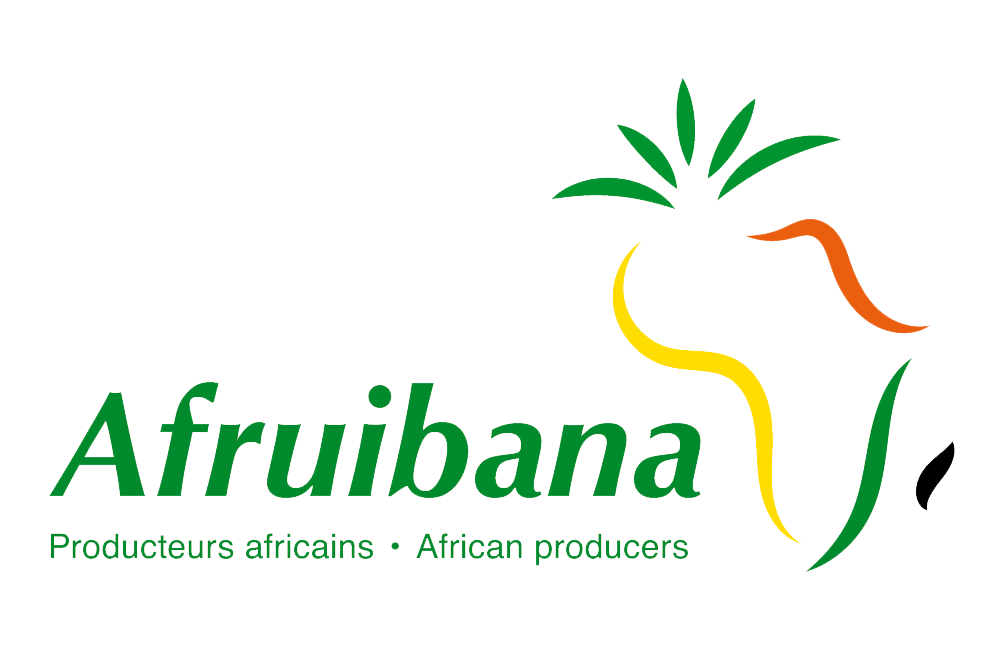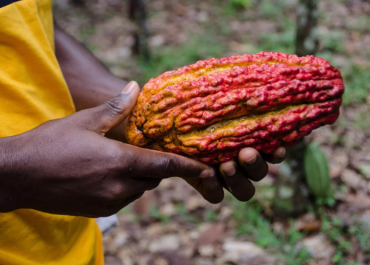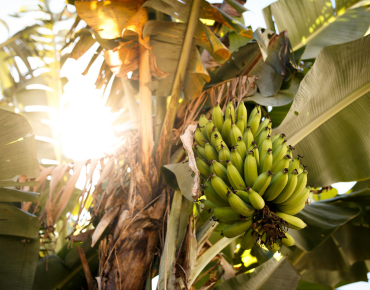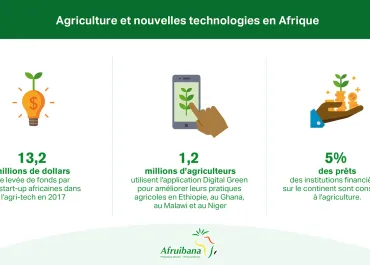
Agri-startups: another facet of the African entrepreneurial revolution
20 April 2019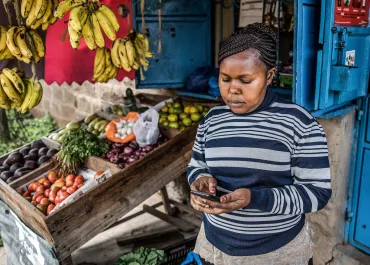
Index-based insurance, a new risk management tool for African farmers
12 July 20193 questions to… Alfonso Medinilla, European Centre for Development Policy Management (ECDPM)
What are the main issues of the ACP-EU partnership with the Post-Cotonou agreement?
To understand what is at stake with the Post-Cotonou agreement, we need to make a step back and see how the political and economic landscape has changed since 2000. African integration especially has evolved massively with an African Union (AU) taking up an increasingly important place in relation to the EU. At the same time, the development cooperation driven model of ACP-EU relations has gradually lost its appeal, and has given way to new forms of interest-driven cooperation.
This is also a thorny issue as there is significant confusion on how African countries should negotiate a new deal between the EU and Africa: through the AU or through the ACP? Even though the negotiations have started, there is no firm political consensus on this issue between African capitals. While some African leaders have spoken out in favor of a stronger voice for the African Union in the relationship with the EU, others prefer the intergovernmental approach through the ACP network.
Within the European Union, institutions also appear to have different agendas. While the European External Action Services (EEAS) seeks to establish a more strategic relationship with the African continent, the European Commission’s DG Development Cooperation (DEVCO) – which is leading the talks on the Post-Cotonou agreement – has a vested interest in maintaining a strong ACP-EU partnership.
The difficult challenge is to find a solution which pleases everyone, and in practice this can lead to a scenario that satisfies no-one. In the traditional style of EU politics, the European Commission has proposed a complex hybrid formula based on continuity through a common foundation for all ACP countries, as well as deeper regionalisation by means of three distinct regional protocols with Africa, the Caribbean and the Pacific respectively. It is up to African governments to decide whether such a scenario will serve their interests, not only in 2020, but all the way to 2040.
How does the European Union have a role to play in the development of the African agricultural sector?
The EU and European countries already play various roles in the African agricultural sector.
Firstly, institutions and bilateral cooperation are very active in promoting agricultural development across the continent.
Secondly, there is a strong presence of European investment in the African agricultural sector, especially in the more transformed and market-based segments.
Thirdly, Europe is a major consumer of African agricultural produce. The EU for example has an important impact on the African agricultural sector through the definition of the norms of the sector for example, as one of the main export markets for African agricultural and food products. Typically, the African banana sector – with 85% of its exportations going to the European continent – follows the health and environmental standards required by the European institutions.
These different roles, however, can be difficult to reconcile. In order to be more impactful, the EU would need to get closer to agricultural development policies in African states, and focus on capacitating African actors to take advantage of EU trade opportunities, to take part in industrialised value chains. At the same time, it needs to be conscious of its own impact on African agriculture and avoid anti-developmental effects, for example of EU exports on weaker segments of African Agriculture, for example the dairy sector.
European public institutions commitments and private sector interests are not always fully aligned. There is a complex network of European presence on the African continent, and the European union needs to be very careful how its public and private investments could be aligned with the Sustainable Development Goals of the United Nations.
How can Brexit affect the African agricultural sector?
It is difficult to predict the future when it comes to Brexit. All the different outcomes are still possible between now and the end of October.
In the short-term, a lot will depend on the agreements the United Kingdom will reach with the EU, as this can lead to immediate disruption, mostly for African exports to the UK. African countries have relatively easy access to the EU market for agricultural products, and Brexit may result in the access to part of that market (the UK) becoming more difficult.
In the long term, the effects will depend on the UK’s approach to foreign trade – if and when outside a customs union with the EU. This can go both ways for African producers, and may also warrant African countries to join forces in talks with the UK. However, in absence of a clear course of action in the UK, one can only guess.
